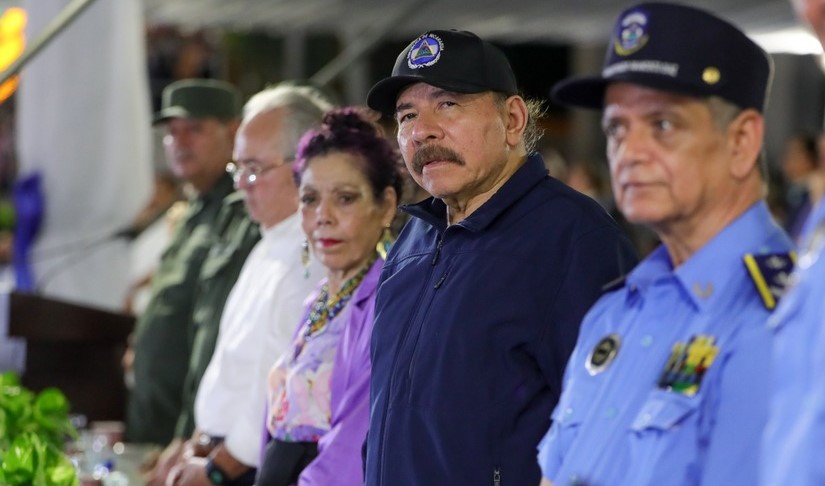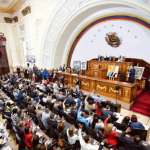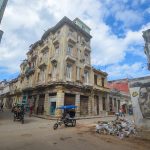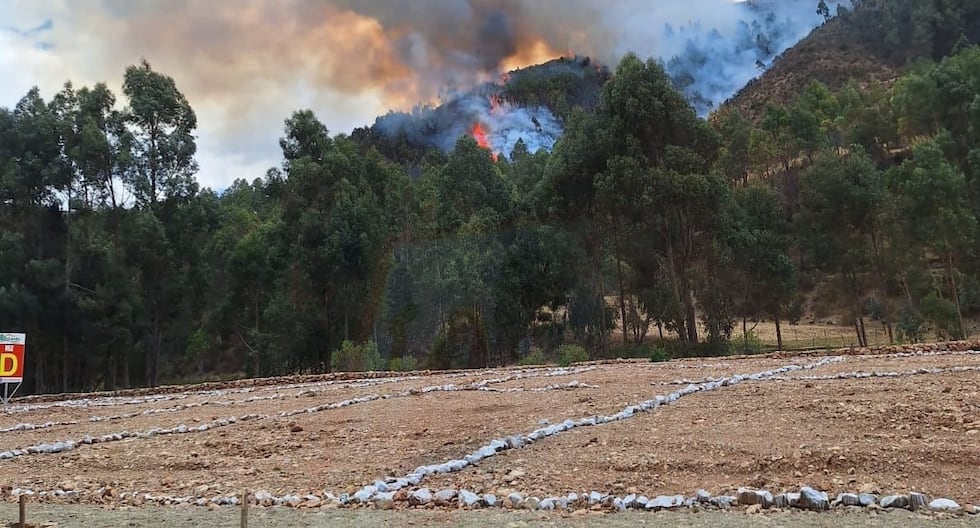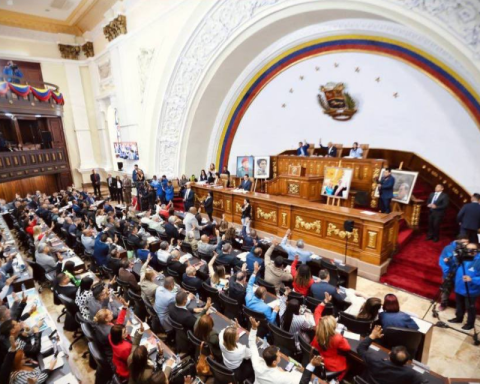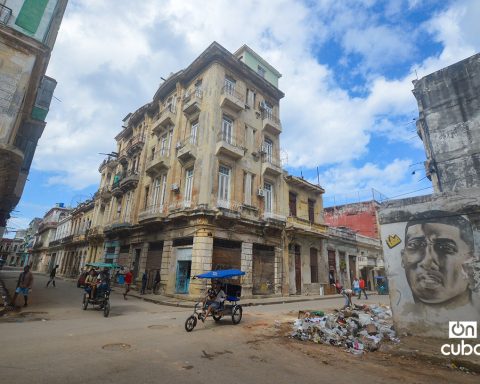According to the report “The Cost of Corruption in Nicaragua. A Study on Bribery,” the pocketbook of Nicaraguans has been seriously affected by corrupt practices, which absorb from 5 to 10 percent of their monthly income.
The report, conducted between June and July 2024, included 24 questions that were applied to 1,103 people from 17 departments and 148 municipalities in Nicaragua, according to Urnas Abiertas, in order to “understand” how “the authoritarian economic model” affects Nicaraguans.
Related news: Nicaragua ranks as one of the most corrupt countries in Latin America
The sample, the organization explained, has a confidence level of 95% and a margin of error of 5%, and its results “are not extrapolated to the entire country due to the challenges of applying a random survey in a context of persecution,” so “they only reflect the responses of the people who completed the questionnaire in the indicated period, without claiming to represent the entire population.”
Poor people exposed to more bribes and extortions
The Urnas Abiertas report details that the families surveyed “absorb 5% of their monthly income” for bribes or extortion in procedures they carry out in public institutions. However, those with lower incomes spend more.
According to the study, families with a monthly income of 6,000 cordobas or less spend at least 7.5% of this on irregular payments, which is higher than the general average.
They also point out that this percentage increases to 10% when women are in charge of families.
Related news: Anti-Corruption Observatory launches virtual platforms for people to denounce Sandinista corruption
Urnas Abiertas points out inequalities, even in the expenditure reported. This type of practice shows that “the higher the socioeconomic stratum, the lower the percentage of income is allocated to irregular payments.”
“Corruption demands relatively more money from people with lower incomes or in poverty than from those with greater purchasing power,” the organization said.
The document details that families with incomes above 37,000 cordobas “are those who lose the least in irregular payments, spending on average 256 cordobas per month, that is, about 3% of their income.
“The data confirm that irregular payments and extortion not only maintain socioeconomic inequality, but also aggravate it, since people with lower incomes spend a greater percentage of their funds on carrying out procedures in public institutions or dealing with the effects of extortion,” said Urnas Abiertas.
Public officials ask for bribes
The organization reports that, in the surveys carried out, they found that 45% of irregular payments “are requested by public officials, who exercise passive bribery” and 33% are “offered by citizens to speed up procedures, exercising active bribery.”
He also mentioned that 23% of these irregular payments “are demanded by the authorities,” which directly falls into “extortion.”
Urnas Abiertas details that in its study it found that the departments that receive the highest amounts in irregular payments, on average, are: Rivas (C$51,506); Matagalpa (C$48,014); Masaya (C$35,083); Estelí (C$30,750); and Chinandega (C$28,240).
